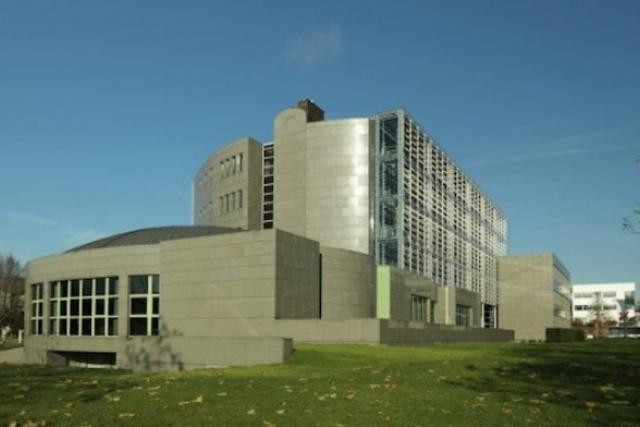Since its foundation by Regulation (EC) No 178/2002, EU Food Law has developed progressively and become a coherent corpus of norms which, systematically and thoroughly, establishes a number of common objectives and principles for the whole food ambit and imposes specific requirements for certain categories of foodstuffs.
Together with this normative completeness, and aiming at ensuring that food is wholesome and safe, EU Food Law is also characterized for having set up a specific governance architecture and for its procedural complexity. Indeed, specific processes have been established to make sure that the adopted food standards are based on the best scientific advice available (risk assessment procedures). This necessity to rely on scientific opinions affects as well traditional decision-making mechanisms (legislative procedures and procedures for the adoption of delegated and implementing acts), which possess specific peculiarities in the food sector, due to the participation of institutional and non-institutional organs and actors in charge of interest representation. In addition, certain foodstuffs, due safety considerations, are subject to particular and very stringent pre-market authorisation and notification procedures. And finally, there is the dimension of litigation: many of the adopted food measures can impact significantly on food business operators, who may seek to contest them before the competent jurisdiction.
